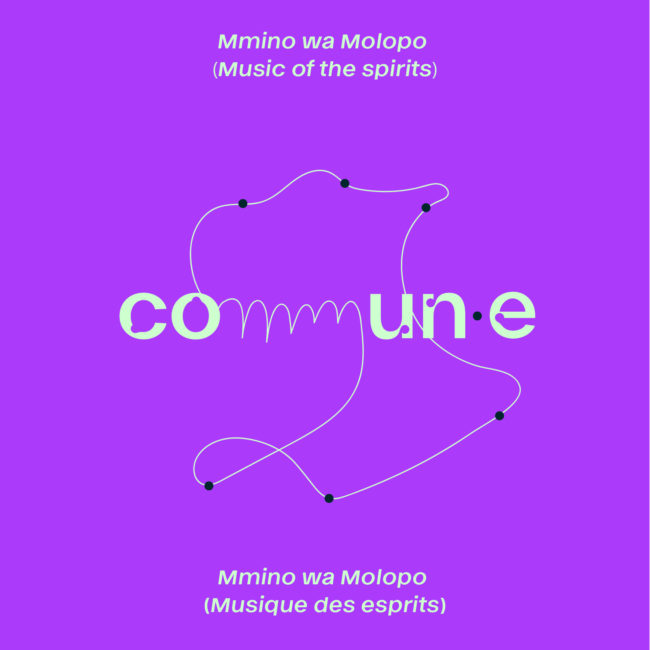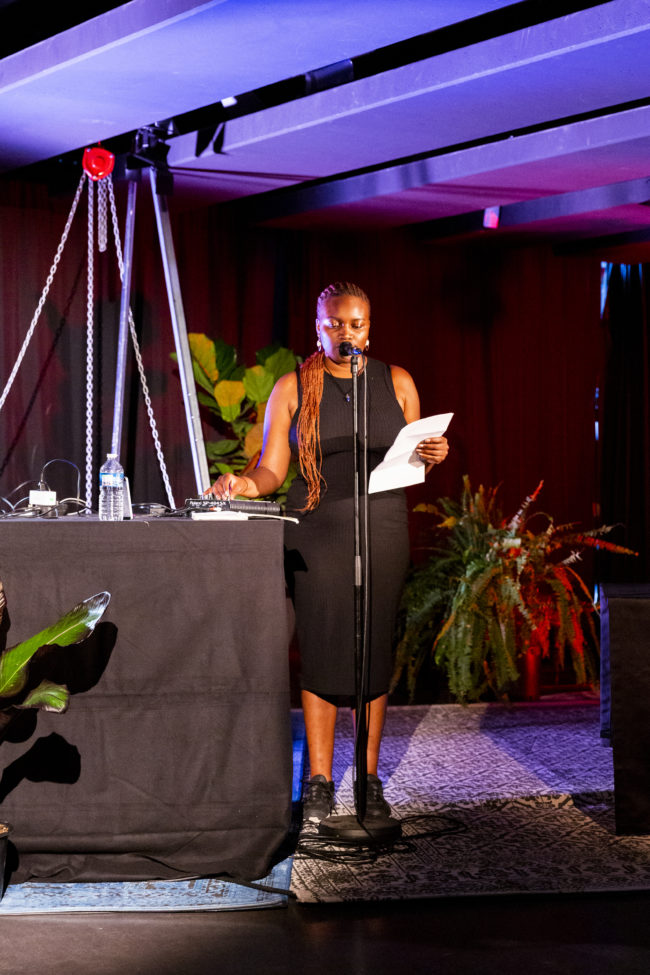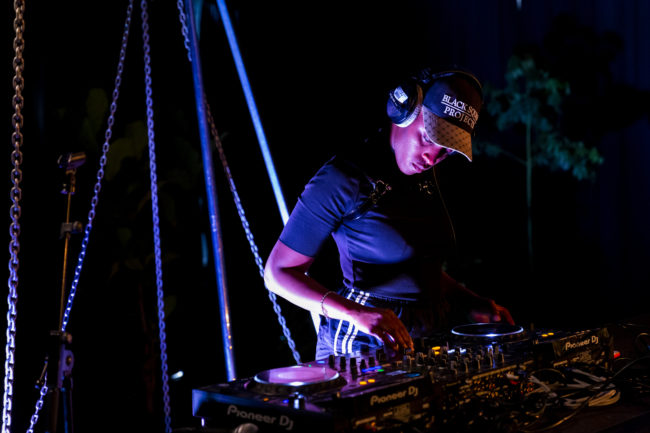Commun.e - The People's Education
For this third session, Ziphozenkosi Dayile gives carte blanche to The People's Education. They create a podcast titled Music as the weapon of the future, Youth Day 2021, that restitutes a workshop they did in Cape Town on June 16th and features a music selection by GirlBlue.
People’s Education presents Music as the weapon of the future, Youth Day 2021
Featuring music selections by GirlBlue
People’s Education is an activist collective concerned with contemporary African education. Through collaboration, we attempt an organic intervention into the culture of learning.
Africa's inherited colonial education leaves us ill-equipped to throw off neo-colonialism. We need to build capacity to realize our own solutions. People’s Education concerns itself with decolonizing education by disrupting colonial power relations and ways of knowing, being and doing through engaging African knowledge and knowledge-making.
Taking our name from the anti-apartheid People’s Education movement, we engage community workshops, seminars and workplace study circles. To us, activism means being “teachers amongst learners and learners amongst teachers”, informed by the ideas and work of Paulo Freire. We agree with Bibi Bakare-Yusuf that conscious effort towards a culture of African knowledge making is essential to our well-being.
We are interested in working beyond institutionally mediated ways of thinking and acting on education. We are motivated to create an African education that centres our origins and where we now stand, so that we are able to imagine and build the future.
Music education in the African context
Part of this conversation is our music, African identity and the anticolonial. We want to investigate the contribution of music in the liberation of our people. How is music educational? This involves an understanding of the power of sound as a language of its own, unlike the language of verbal or semiotic communication.
In 'modernity' we consume music amongst other runaway consumptions. Rather than being a part of our lived experience, music becomes a function of the ability of the market to monetise and commodify it.
African music practices are often realised within the everyday, not as a specialised activity of mind or body. The dislocation from the everyday is a function of colonisation. In the pre-colonial African community, everyone is a musician. If this is one possible “way of being” in music, how do we engage music and the everyday?
Is it possible or desirable to bring African music practice into the classroom and a formal pedagogy? If not, how can we strive towards a decolonised and pluralist music learning and teaching practice?
One possibility is to reflect on music and music making in our spiritual lives. Spirituality in this context is ancestral. We embody and inhabit our ancestral forms through music. Ritual requires that the being is present. Music has the capacity to unlock the imagination, heal trauma and resolve issues of the self.
Freespace: Songs for the future
We present a critical dialogue through the creation of a text, 'nursery rhymes for liberation’. Youth culture around music raises important generational tasks and issues. How do we (re)introduce the youth to more African music for remixing for their own creative purposes?
We do this using a method/pedagogical activity called Freespace where participants step outside of the hierarchy of the existing and collectively create a future state through connecting in an artistic, creative and spiritual dialogue.
Participants are the community. The workshop begins by reflecting on people’s education. We discuss the relationship between music, nursery rhymes and our socio-political and cultural health.
Freespace is the core of the workshop where participants create music informed by the previous discussion and their own knowledge of music and music-making. There is no prescribed musical form to follow. Facilitators function as participants rather than as instructors. Inherent in the task is collaboration and trust.
We are joined by record collector and DJ GrilBlue, who both participates in and provides a musical response to the process. This podcast comes together through a process of intercutting GirlBlue’s set with recorded excerpts of the workshop.










































